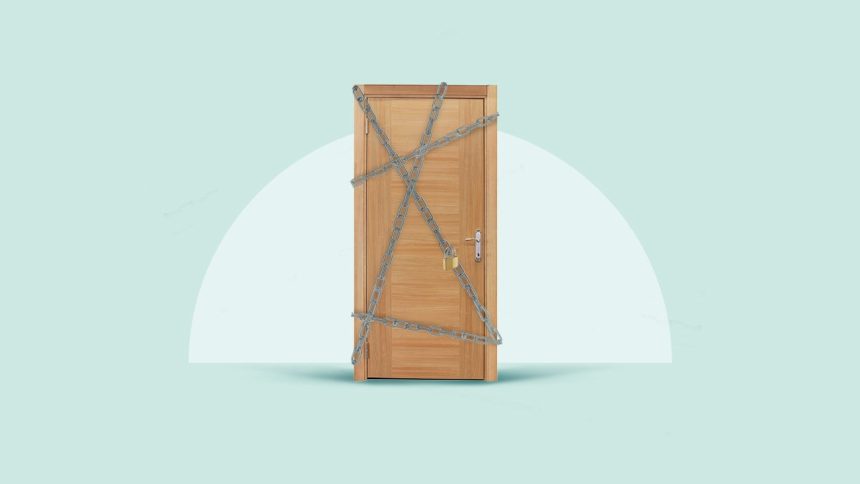Photography by Getty Images; Illustration by Bankrate
Paying your taxes may feel like just another item to check off on your to-do list, but there are real consequences to not getting this particular task done. While the IRS has options for people who can’t pay their taxes on time, owing significant back taxes can eventually lead to a tax levy, which is when the government seizes your property to satisfy the debt you owe.
What is a tax levy?
A tax levy is the seizure of your property to satisfy the debt you built up with the IRS by not paying taxes. The IRS is legally allowed to garnish your wages, take money that’s in your financial accounts and take and sell your car or other personal property via a tax levy.
Don’t confuse a tax levy with a tax lien, which is when the government files a claim against your property in order to get you to pay your debt. If you don’t pay even after a tax lien has been implemented, you’ll then get a notification of a levy. In short, a lien is a claim to your property, but a levy is when the property is actually taken to pay off the debt.
What happens under a tax levy?
Under a levy, the IRS seizes your money or property. This can happen a few ways:
- Wage levy. If the government sends you notice of a wage levy, it means part of your wages each pay period will be sent to the IRS. Part of your wages might be exempt — which means they’ll be paid directly to you — and that amount is based on the standard deduction and your number of dependents. The IRS will send your employer a form explaining how to calculate this amount.
- Bank levy. The IRS can seize money directly from your bank and other financial accounts. For this type of levy, there’s a 21-day waiting period for complying with the levy in order to give you time to contact the IRS and pay the levy or notify the agency of any mistakes. The funds in your account will be frozen when the levy is received, meaning you won’t be able to withdraw any money. Typically, funds that you add after the levy is in place aren’t affected.
- Other seizures. The IRS is also allowed to take your real estate properties, your car and other personal property. But the IRS can’t take your primary residence without court approval and proof that there’s no other way to collect the debt. However, the IRS can seize money from your retirement accounts, as well as dividends, rental income, commissions and the cash loan value of your life insurance. But some items are exempt from seizure, including necessary schoolbooks, clothing, furniture and other household items.
When does a tax levy happen?
The IRS will issue a levy if you don’t pay your taxes or arrange to settle the debt. But there are steps that must have been taken before the agency can start to levy your property.
- First, the IRS must have already sent you a tax bill that you neglected or refused to pay.
- Then, the IRS must have sent what is called a Final Notice of Intent to Levy and Notice of Your Right to A Hearing — a notice of the levy — at least 30 days before a levy takes place. This notice can be given to you in person, left at your home or workplace or sent to your last known address with a return receipt requested.
- Finally, the agency is required to have sent you advance notice that it may contact a third party, such as your employer, about collecting your tax liability, before it actually does so.
What to do if you get a tax levy
If you get a tax levy, you’ll want to contact the IRS as soon as possible to request a levy release. The IRS is required to release your levy if:
- You pay what you owe.
- The collection period ended before the levy was issued.
- Releasing the levy will actually help you pay your taxes.
- You’ve entered into a payment plan or installment agreement with the IRS to pay what you owe in an extended timeframe, and the plan terms don’t allow for the levy to continue.
- The levy creates an economic hardship so that you can’t meet your basic needs.
- The value of the property that the agency seized is more than the amount you owe and releasing the levy won’t stop the IRS from collecting what they owe.
If the IRS doesn’t release your levy, you can appeal the decision. You can also file a claim to have the proceeds from the levy that have gone to the IRS be returned to you.
Just keep in mind that getting a levy released doesn’t mean you don’t have to pay your tax bill: You have to work with the IRS to resolve the debt or risk having the levy reissued. You can usually do this by setting up a payment plan with the IRS or applying for an offer in compromise (OIC), which will allow you to settle your debt for less than the full amount you owe if paying the full amount will cause an economic hardship.
Read the full article here














